UK travel warnings and countermeasures (updated 2025)
- Published on
Knowing the UK's travel warnings and what to do before you travel can help you deal effectively with potential risks. Get detailed safety guidelines and practical advice to make your trip to the UK more enjoyable.
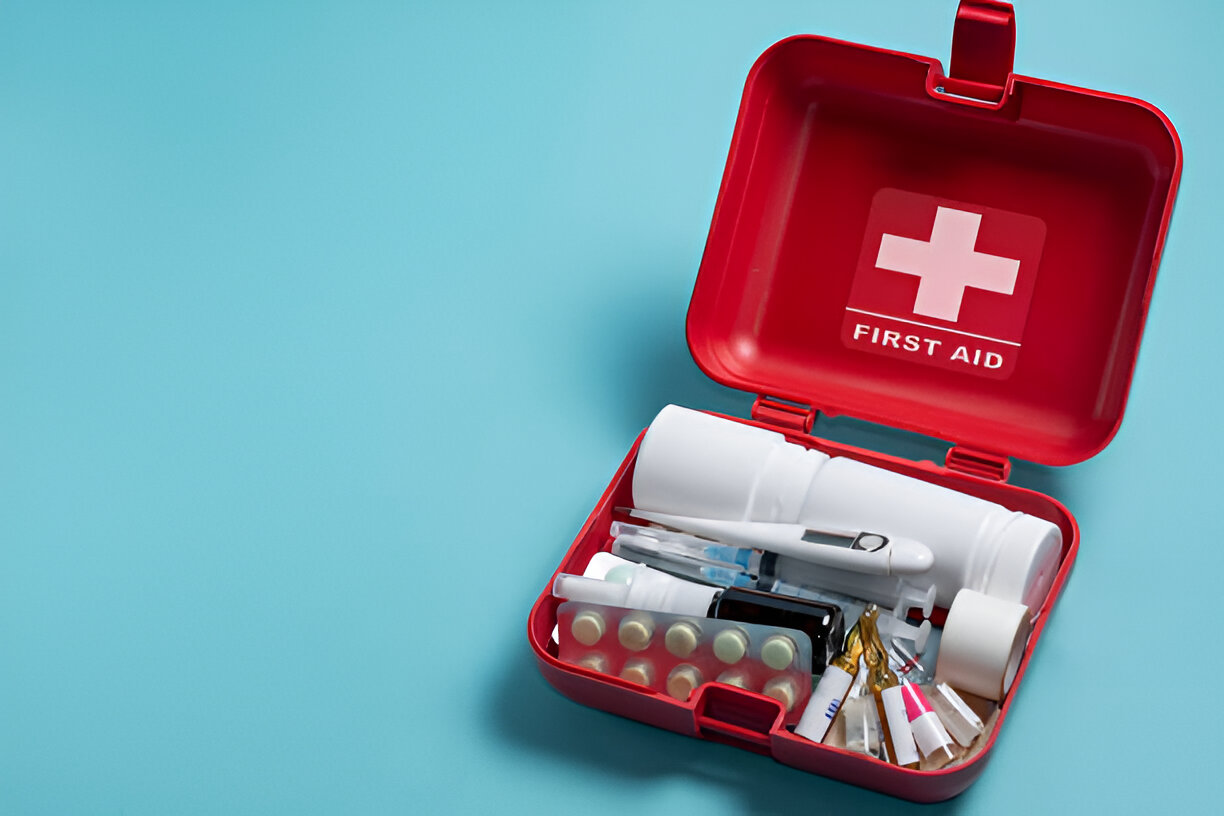
1. Natural disasters
Risks of natural disasters
- Flooding:
- The UK receives a high level of rainfall, especially in winter and spring, and certain areas are prone to flooding. Flooding may cause road closures and traffic disruptions, affecting travel. Visitors should pay attention to weather forecasts and avoid areas at risk of flooding.
- Storms:
- The UK is often affected by strong winds and heavy rainfall, especially during the fall and winter months. Storms can cause downed trees and power disruptions and visitors should try to avoid bad weather when spending time outdoors.
- Snowstorms:
- During the cold winter months, heavy snowfall may occur in some areas, affecting transportation and travel. Snowstorms may cause flight delays and road closures. Visitors should be aware of weather conditions in advance and prepare accordingly.
- Earthquakes:
- Although there is relatively little seismic activity in the UK, occasional small earthquakes can occur. Visitors should be aware of local safety measures in case of unexpected earthquake situations.
- Fire:
- Although the risk of fire in the UK is relatively low, grassland fires can occur in certain areas during the dry summer months. Visitors should follow local safety guidelines for outdoor activities.
- Heat:
- With climate change, there is a gradual increase in the number of heat events in the UK during the summer months and temperatures can be extremely high in certain areas. Visitors should take care to avoid heat stroke and dehydration.
- Hail and thunderstorms:
- Thunderstorms and hail can also occur during the summer months in the UK, resulting in traffic accidents and property damage. Visitors should try to stay indoors and avoid going out during thunderstorms.
Coping strategies
- Monitor the weather:
- Use weather apps (e.g. BBC Weather) to check weather changes in real time, especially before traveling, to ensure timely access to warning information.
- Make an emergency plan:
- Before traveling, create an emergency plan that includes the nearest shelters, evacuation routes, and emergency contacts to ensure a quick response in the event of a natural disaster.
- Prepare an emergency kit:
- An emergency kit should contain basic survival essentials such as water, dry food, first aid supplies, flashlights and batteries in case of emergency.
- Follow local guidance:
- During natural disasters, pay attention to announcements and guidance from local authorities and weather services, and follow safety advice to ensure your own safety.
- Keep communications open:
- Make sure your cell phone is charged and working properly to stay in touch with family or friends during an emergency and use social media for information if necessary.
- Learn about emergency shelters:
- Find out the location of the nearest emergency shelters and medical facilities ahead of time so that you can quickly find a safe place in the event of a natural disaster.
- Participate in emergency drills:
- If possible, participate in local emergency drills to familiarize yourself with the response process and learn how to protect yourself and others in the event of a disaster.
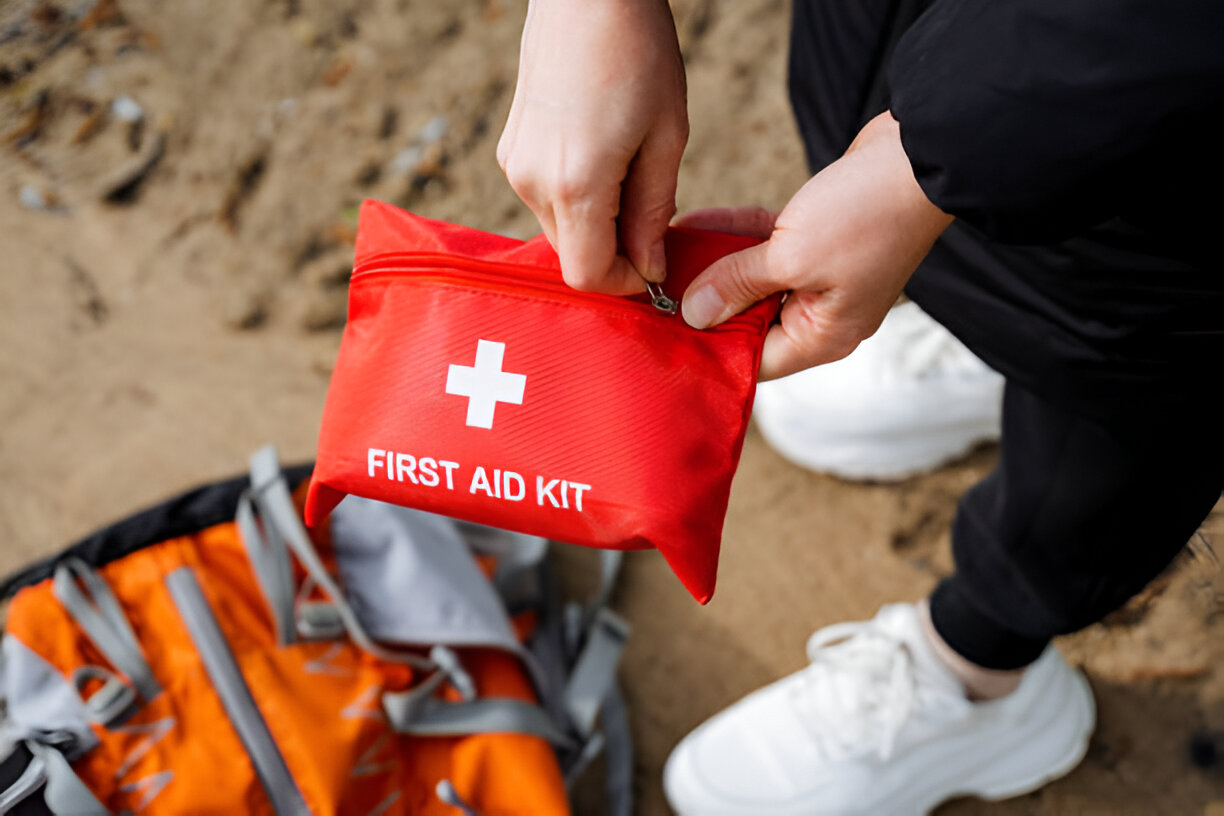
2. Social security risks
Risks to social security
- City crime:
- Certain areas in major cities (e.g. London, Manchester, Birmingham) have high crime rates, especially theft and robbery. Visitors should remain vigilant and aware of their surroundings and avoid walking into isolated and sparsely populated areas.
- Pickpocketing and theft:
- Tourist hotspots are prone to pickpocketing, especially on public transportation and in crowded markets. Tourists should ensure the safety of their personal belongings and try to use anti-theft bags.
- Internet fraud:
- Cyber fraud is becoming increasingly serious in the UK. Visitors may receive fake emails or text messages soliciting the provision of personal information. Visitors should be vigilant and avoid clicking on unknown links.
- Demonstrations and rallies:
- The political environment in the UK is relatively active, with demonstrations and rallies occurring from time to time. Visitors should keep an eye on developments and avoid going near demonstrations to ensure safety.
- Drunken behavior:
- Drunkenness or conflict with others may lead to legal problems. Visitors should control the amount of alcohol consumed when traveling at night to ensure the safety of themselves and others.
- Traffic safety:
- Traffic rules in the UK are different from those in other countries (e.g. driving on the left), and visitors need to take extra care and follow traffic signals and signs when renting a car or walking.
- Social Media Risks:
- When sharing travel plans on social media, avoid revealing too much personal information to prevent potential safety hazards.
Coping strategies
- Stay alert:
- Take care to protect your personal belongings in crowded places and try to place your bag in front of your body to avoid distraction and reduce the risk of theft.
- Use safe storage tools:
- Choose a backpack with anti-theft features to ensure the safety of your belongings. Use safe deposit boxes to store valuables in the hotel.
- Avoid displaying valuables:
- Try not to display valuables such as cell phones and cameras in public to reduce the risk of theft. Choose inconspicuous ways to carry your personal belongings.
- Learn about common scams:
- Learn about common local scams and be alert to avoid being duped, especially on the internet and social media.
- Don't take random vehicles:
- Use official cabs or trusted taxi apps to ensure safe travel and avoid taking unfamiliar vehicles.
- Carry emergency contact information:
- Record local police, emergency and fire numbers in case of emergency. If you are in danger, call 999 for help.
- Communicate with locals:
- Ask locals for safety advice, find out which areas to avoid and listen to their experiences and advice.
3. Accessibility of medical services
Risks to health care
- Burden on the healthcare system:
- The UK's healthcare system (NHS) can be under pressure at peak times, with long waiting times in non-emergency situations. Visitors may need to be patient in situations where they need urgent medical attention.
- Accessibility of emergency services:
- In remote areas, emergency services may be slow to respond. Visitors should know in advance the location of nearby medical facilities in case of emergency.
- High medical costs:
- Although public healthcare services are available in the UK, non-residents may face higher costs when receiving healthcare services, especially private healthcare services.
- Accessibility of medicines:
- Some medications may require a prescription in the UK. Visitors should prepare common medications in advance and carry enough medications with them in case of emergency.
- Vaccination requirements:
- Although there are no mandatory vaccination requirements for most visitors in the UK, there may be regulations under certain special circumstances (e.g. during an epidemic), which visitors should be aware of in advance.
- Health insurance issues:
- Ensure that you purchase travel insurance prior to your trip to cover medical expenses in case of high medical costs due to unexpected situations.
- Local disease risks:
- Certain areas of the UK may have specific health risks, such as influenza and foodborne illnesses, and travelers should maintain good hygiene practices.
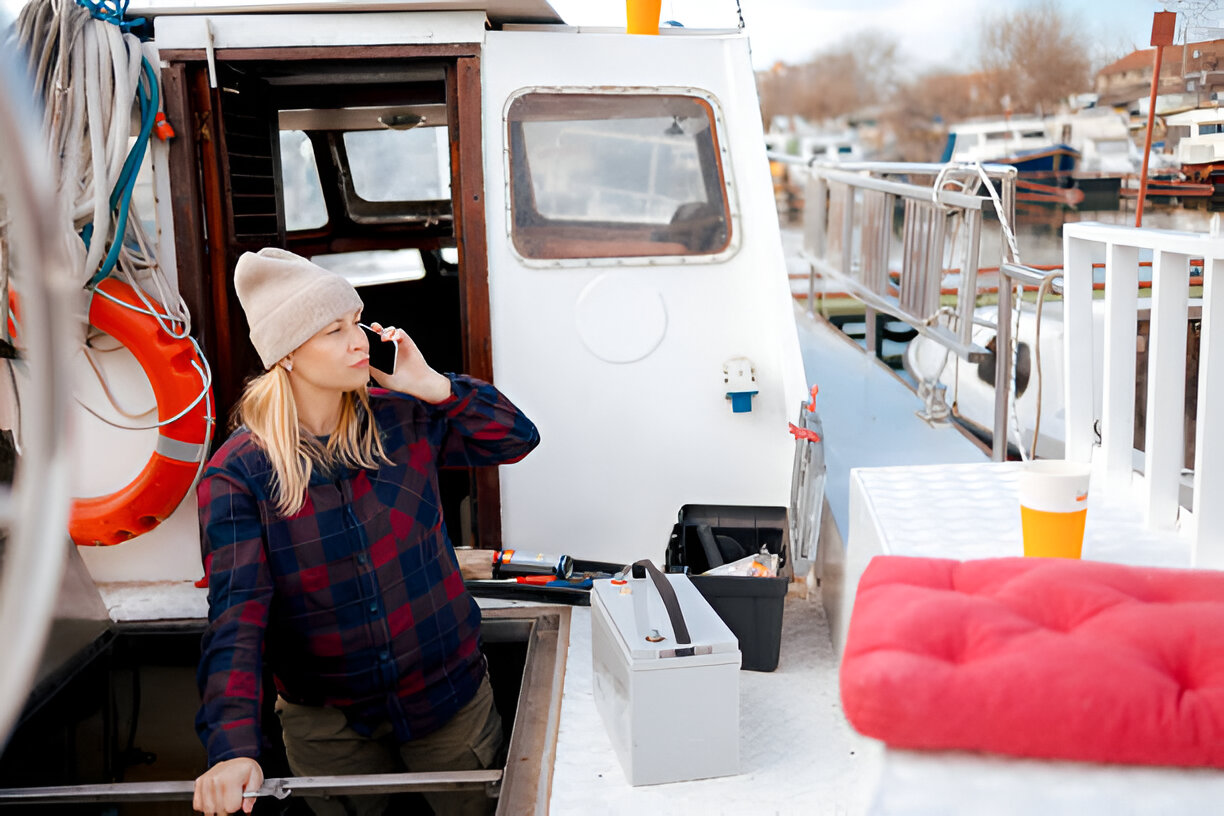
Coping strategies
- Purchase travel insurance:
- Ensure that you purchase travel insurance that covers medical expenses to avoid financial burden due to medical expenses and choose reputable insurance companies.
- Pack common medications:
- Prepare some common medications such as cold medicine, painkillers and allergy medicine for emergencies to ensure you stay healthy during your trip.
- Know about medical facilities:
- Before traveling, know the location and contact numbers of medical facilities near your destination in advance so that you can seek medical attention quickly if needed.
- Master first aid knowledge:
- Learn basic first aid skills such as CPR and stopping bleeding to be able to help in case of an emergency.
- Prepare a first aid kit:
- Carry a first aid kit containing bandages, antiseptics and common medications to ensure that minor injuries and illnesses can be dealt with quickly.
- Maintain health records:
- Carry your personal health record and allergy information with you so that your doctor can understand your condition and provide better medical care.
- Seek medical attention in a timely manner:
- If you feel unwell, seek medical advice as soon as possible to avoid worsening of the problem and to ensure your health and safety.
4. Transportation Safety
Risks to transportation safety
- Traffic congestion:
- In major cities such as London, serious traffic congestion may occur during peak hours, affecting travel efficiency. Visitors should plan their travel time in advance to avoid peak hours.
- Drinking and driving:
- The UK has very strict laws on drink driving and violators will face heavy fines. Visitors should ensure that they do not drive after consuming alcohol and choose safe modes of transportation.
- Traffic Accidents:
- The UK has a high rate of traffic accidents, especially at busy intersections and on highways. Visitors should pay attention to traffic signals and ensure that they cross the road safely.
- Public Transportation Safety:
- Although the public transportation system in the UK is relatively well-developed, in some cases, you need to be alert for pickpocketing when taking crowded public transportation.
- Walking and cycling safety:
- When walking or cycling, visitors need to be aware of traffic rules to ensure safety. Follow the signs on walking and cycling paths to avoid conflicts with motorized vehicles.
- Extreme weather affects driving safety:
- The weather in the UK can be very changeable, rain, snow and fog can affect driving and walking safety, visitors should adjust their travel plans according to the weather conditions.
- Pedestrian priority:
- Pedestrians and cyclists usually have priority in the UK and visitors should be mindful of yielding to pedestrians to ensure safety.
Coping strategies
- Know the traffic rules:
- Know local traffic laws before driving and follow speed limits and signal instructions to ensure safe driving and avoid fines.
- Use navigation tools:
- Use navigation apps (e.g. Google Maps or Citymapper) to check traffic conditions in real time and choose the best route to avoid traffic congestion.
- Keep your distance:
- Maintain a safe distance between vehicles in congestion or bad weather to avoid rear-end accidents and ensure adequate reaction time with the vehicle in front of you.
- Check your vehicle regularly:
- Make sure your vehicle is in good condition and check your brakes, tires and lights regularly to ensure safe driving.
- Avoid distracted driving:
- Don't use your cell phone while driving and concentrate on your driving to ensure you are focused and reduce the risk of an accident.
- Be careful driving at night:
- When driving at night, use appropriate lights and be aware of pedestrians and other vehicles to ensure safety.
- Obey traffic signs:
- Pay attention to traffic signs and signals on the road, ensure that speed limits and stopping requirements are observed, and avoid violations.
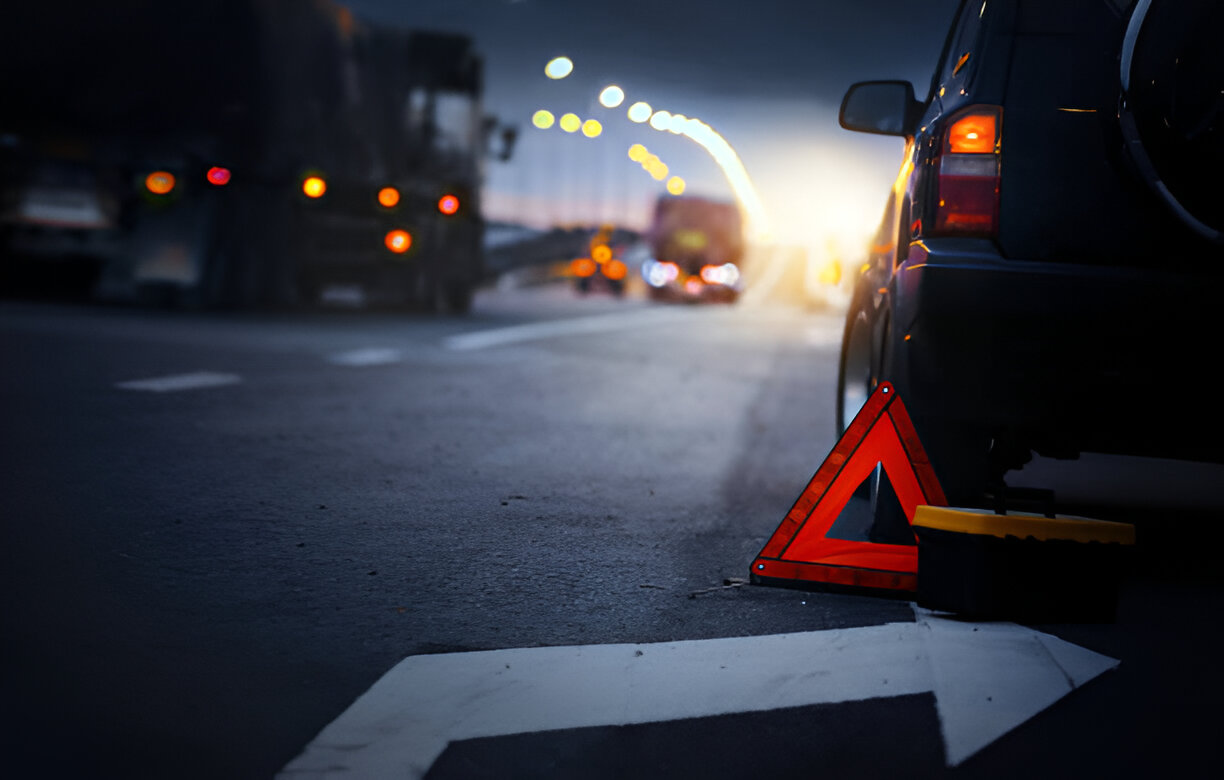
5. Laws and Regulations
Risks of laws and regulations
- Legal restrictions on smoking and drinking:
- The UK has strict legal restrictions on smoking and drinking, and smoking in public places is prohibited in some places, so visitors should be aware of and follow local regulations.
- Code of conduct in public places:
- Behavior in public places may vary from region to region, visitors need to follow local laws and regulations to avoid legal liability arising from inappropriate behavior.
- Traffic regulations:
- Traffic regulations vary from region to region. Ensure that you follow local traffic rules to avoid penalties for ignorance.
- Legal restrictions on demonstrations and rallies:
- When participating in public events you need to follow local laws and regulations to ensure that the event is legal and to avoid being detained for participating in illegal demonstrations.
- Legal responsibility for damage to cultural heritage:
- Follow the regulations when visiting historical sites. Destruction of cultural heritage will result in legal liability, and tourists need to respect culture and history.
- Environmental protection legislation:
- In the UK, dumping garbage or destroying the environment will face fines. Visitors should follow local environmental protection regulations and work together to maintain the ecological environment.
- Intellectual Property Issues:
- When using music, videos and other content should pay attention to copyright issues to avoid infringing on intellectual property rights and ensure legal use.
Coping strategies
- Know the local laws:
- Know the laws and regulations of your destination before you travel and make sure you comply so you don't get into trouble out of ignorance.
- Follow drinking rules:
- Follow local laws when consuming alcohol to ensure that you do not violate legal age limits and avoid fines or other legal consequences.
- Avoid illegal activities:
- Ensure your safety, avoid legal problems and maintain a good image by not participating in any illegal activities.
- Maintain complete paperwork:
- Carry your passport and other important documents with you for inspection to ensure that you can provide the necessary information when needed.
- Consult local laws:
- When in doubt, consult a local legal professional promptly to ensure that you follow the relevant regulations and avoid unnecessary legal risks.
- Obey the rules of public places:
- Follow rules about smoking, drinking, etc. in public places to ensure compliance and avoid being penalized or causing conflict.
- Be aware of local customs:
- Understand and respect local culture and customs to avoid offending others and to promote harmonious relations with the local population.
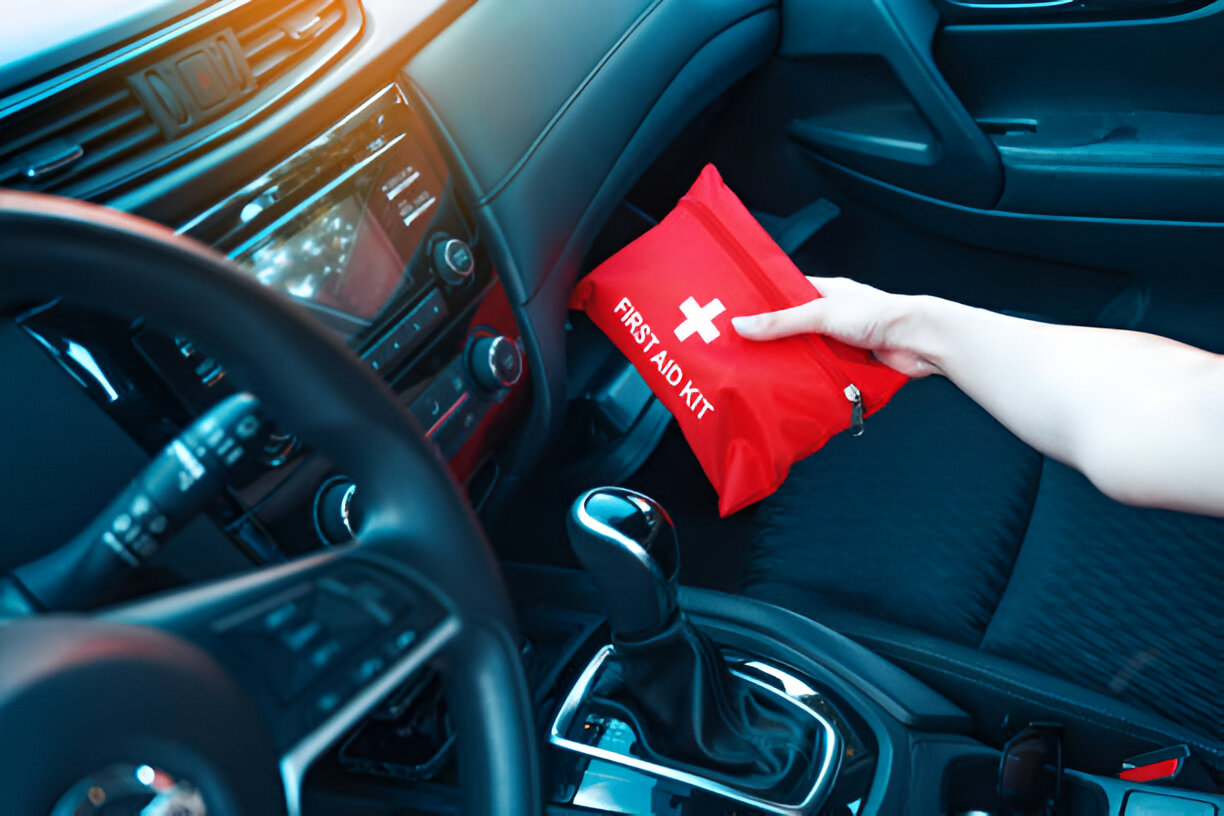
6. Language and Cultural Differences
Language and Culture Risks
- English is the main language:
- In the UK, English is the main language and visitors may encounter language barriers, especially when communicating with local residents, which may lead to misunderstanding.
- Local accents and dialects:
- Different regions may have different accents and dialects. The use and pronunciation of certain vocabulary may cause communication difficulties, and visitors need to listen patiently.
- Cultural differences:
- Cultural differences between different regions of the UK, visitors need to understand the local customs and habits, so as not to offend others unknowingly.
- Food culture:
- The eating habits of certain regions may be different from those of tourists, and understanding the local dining culture will help you better integrate into local life.
- Social Etiquette:
- On certain occasions, social etiquette is different, such as behavioral norms during meals, which tourists should know in advance to avoid inappropriate behavior.
- Festivals and celebrations:
- Festivals and celebrations have different customs across the UK, and visitors should be aware of local celebrations in order to participate and respect them.
- Misunderstandings of common phrases:
- Certain common phrases may have different meanings in different cultures and visitors should be aware of the language used in communication to avoid misunderstandings.
Coping strategies
- Learn basic phrases:
- Mastering some basic English phrases (e.g., greetings, thank you, asking for directions, etc.) will help alleviate language barriers in daily communication.
- Respect cultural differences:
- Demonstrate understanding and respect for culture by respecting local culture and customs while traveling and avoiding offending local residents.
- Understand local customs:
- Learn about the culture and customs of your destination in advance, especially food culture and important festivals, in order to better integrate into local life.
- Participate in local activities:
- Participate in local cultural activities such as festivals and markets to improve your understanding of the culture and make new friends.
- Ask local people:
- In uncertain situations, ask locals for advice and guidance to help you better adapt to your environment.
- Use translation tools:
- Download translation apps (e.g. Google Translate) in order to communicate when needed and help resolve language barriers.
- Keep an open mind:
- Maintain an open attitude when communicating with people from different cultural backgrounds to improve understanding and build good interactions.
7. Importance of Internet Safety
Keeping your internet connection open while traveling not only gives you access to real-time travel alerts, but also enhances your sense of security. phoneSIMGo provides travelers with high-speed internet service with no roaming charges to ensure that you are always in touch with the outside world. The activation process is simple, just scan the QR code and there is no need to change your SIM card. Upon arrival at your destination, you will enjoy a stable network with easy access to secure information, ensuring greater peace of mind during your trip.
8. Emergency Contacts
The importance of emergency contact information
- Dial 999:
- In the UK, dial 999 to reach the emergency services in the event of an emergency (such as a medical, fire or criminal incident). When you call, clearly describe the type of help required and the exact location to ensure a quick response.
- Local hospital contact details:
- It is important to know the contact details of hospitals near where you are staying. Being able to quickly locate and call a hospital can save valuable time when emergency medical help is needed.
- Police station contact information:
- Record the phone number of the local police station in case you need to call it. In case of theft or other crimes, calling the police in time is an important step in protecting yourself and your belongings.
- Consulate Information:
- Know the location and contact details of your country's consulate in the UK in case of loss, theft or other emergencies. The consulate can provide assistance and guidance as necessary.
Response strategies
Record emergency contact information:
- Before traveling, record local emergency contact numbers and carry them with you. Make sure this information is easily accessible in a carry-on bag or cell phone.
Learn the emergency contact numbers for your hotel:
When checking into a hotel, ask the front desk for emergency contact information to ensure that you can call for help quickly, especially in the event of a fire or other emergency.

Carry identification:
- Always carry a passport or other identification document for inspection. It is important to be able to provide the necessary identification information in the event of an emergency.
Notify your family of your trip:
- Keep in touch with your family regularly to inform them of your trip and location. Make sure your family knows how safe you are by sharing location apps or simple text messages.
Use emergency communication tools:
- Use satellite phones or other emergency communication tools in remote areas to ensure you can stay in touch. Avoid isolation in places where there is no signal.
Know your local warning systems:
- Learn about local warning systems and emergency response procedures to ensure that you can respond quickly, especially in the event of a natural disaster or other emergency.
Participate in emergency drills:
- If possible, participate in local emergency drills to familiarize yourself with response procedures. By participating in drills, you will increase your ability to respond to emergencies and your self-confidence.
With these details and coping strategies, travelers can gain a fuller understanding of the risks they may face when traveling to the UK and take appropriate measures to ensure safety. We hope this information will help you prepare for an enjoyable and safe trip to the UK!
